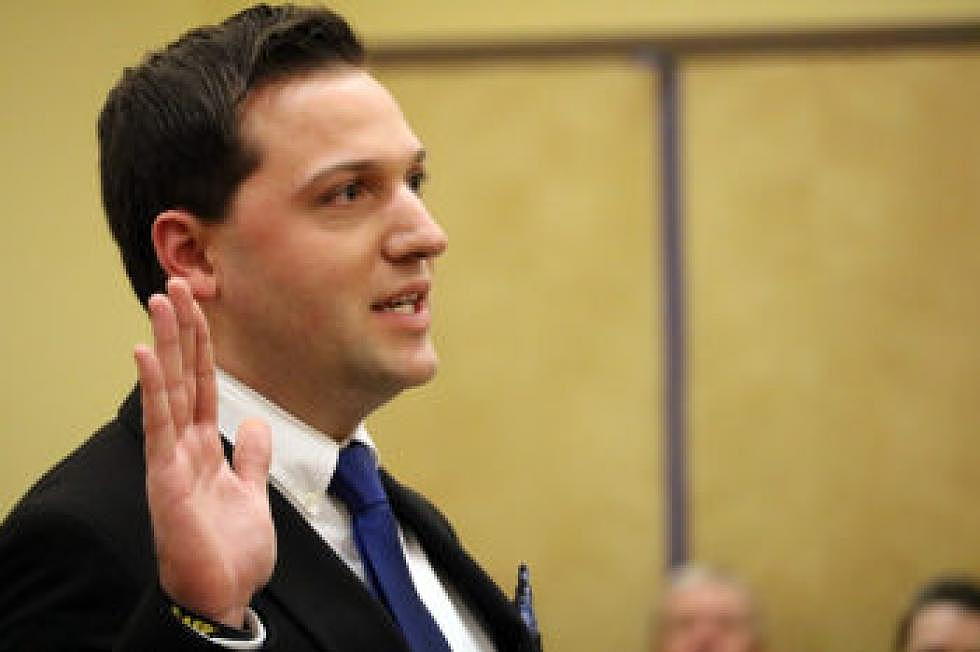
Local lawyer, councilman Ramos press city to reveal attorney fees in water case
A local attorney believes the city of Missoula is violating the law by preventing a sitting member of the City Council from reviewing attorney fees and billing statements paid to a law firm in the Mountain Water condemnation case.
Quentin Rhoades with Rhoades, Siefert and Erickson, sent a letter to City Attorney Jim Nugent last week suggesting that retainer agreements and billing records paid by a government body cannot be protected by attorney-client privilege, as the city contends.
“This episode would appear to be yet another black eye for financial transparency delivered by the city of Missoula,” Rhoades said in his letter. “It is absurd that attorney fees cannot be reviewed by the taxpayers who paid them.”
The city maintains that billing statements are protected from disclosure because the records contain privileged attorney-client communications, as well as the work product of the attorney.
The city on Friday also noted that elements of the water case remain ongoing, and disclosing such statements could reveal strategy. The city added that District Court Judge Karen Townsend has already ruled that its attorney's bills are not discoverable.
“There's a great deal that is public information, in that every week for the past number of years, anyone can look at the claims and see how much we paid Boone Karlberg or Perkins Coie,” said Ginny Merriam, the city's communications director. “We believe the billing statements from the water case are privileged, in part because they often will reveal strategy, and we're still in litigation.”
Rhoades, who has grappled with the city on other issues, took up the case after he was approached by Jesse Ramos, a City Council member serving his first term in office.
After his election, Ramos said, he began asking Nugent for the billing statements paid to Boone Karlberg, the law firm that represented the city during its takeover of Mountain Water Co.
While the city took possession of the utility last year before Ramos was elected to office, several outstanding issues related to the case remain before the court. Ramos said Friday the city has been billed roughly $80,000 so far this year, and he wants to know why.
“I'm curious what they're charging us per hour,” said Ramos. “I know the private sector likes to make a profit and that's fine, but it's our job as council members to regulate that so we know they're not taking us for a ride. I think the public has a right to see these as well.”
Members of the City Council are often asked to approve the legal bills during their Monday night meetings. The matter typically arrives as a simple dollar figure owed to an outside law firm, such as Boone Karlberg, and Ramos has voted no each time.
Ramos believes the City Council – and the public – should be given the details behind those dollar amounts as a matter of transparency. He said he was told he'd have to sign a non-disclosure agreement before viewing the documents.
“They've refused to let me see the bills,” Ramos said. “I'm not signing a non-disclosure now. I might take it to the attorney general if this continues.”
Rhoades contends that billing statements don't contain privileged communications between attorney and client. Rather, he said, such statements include information on the client's identity, the case name for which the payments were made, the amount of the fee, and the general nature or the services performed.
“The idea that billing records are somehow protected from disclosure based on attorney-client privilege or work-product doctrine has been specifically rejected by the Montana Supreme Court,” Rhoades said. “The city has an absolute constitutional duty to turn such records over.”
